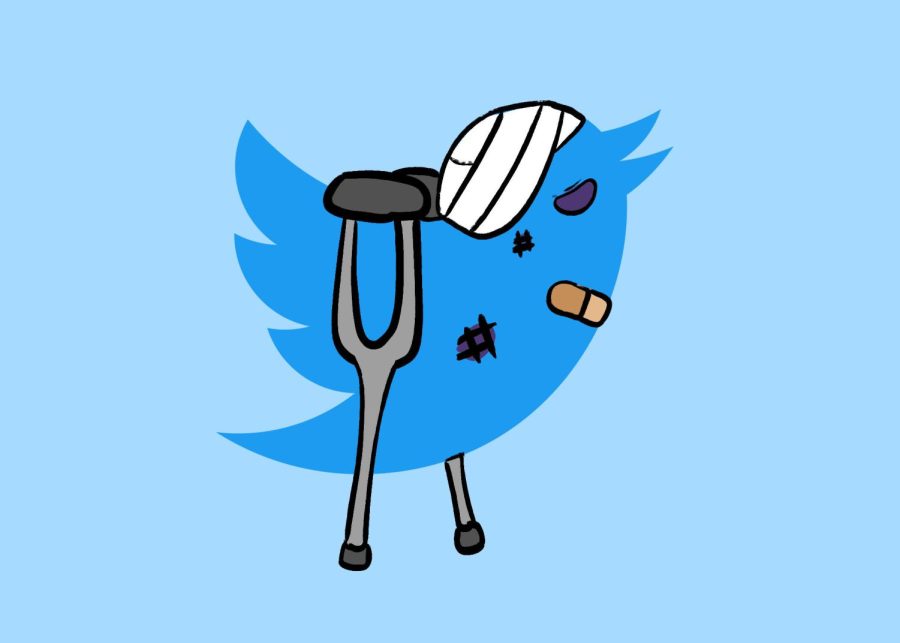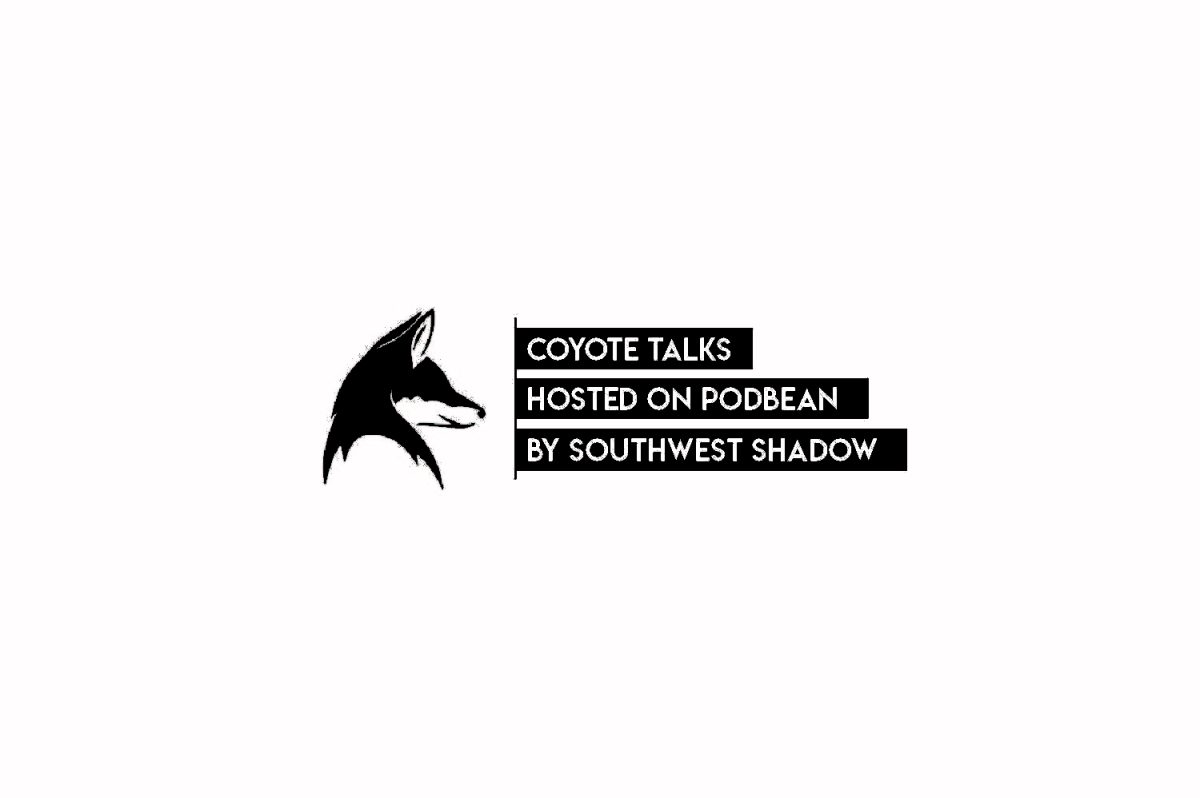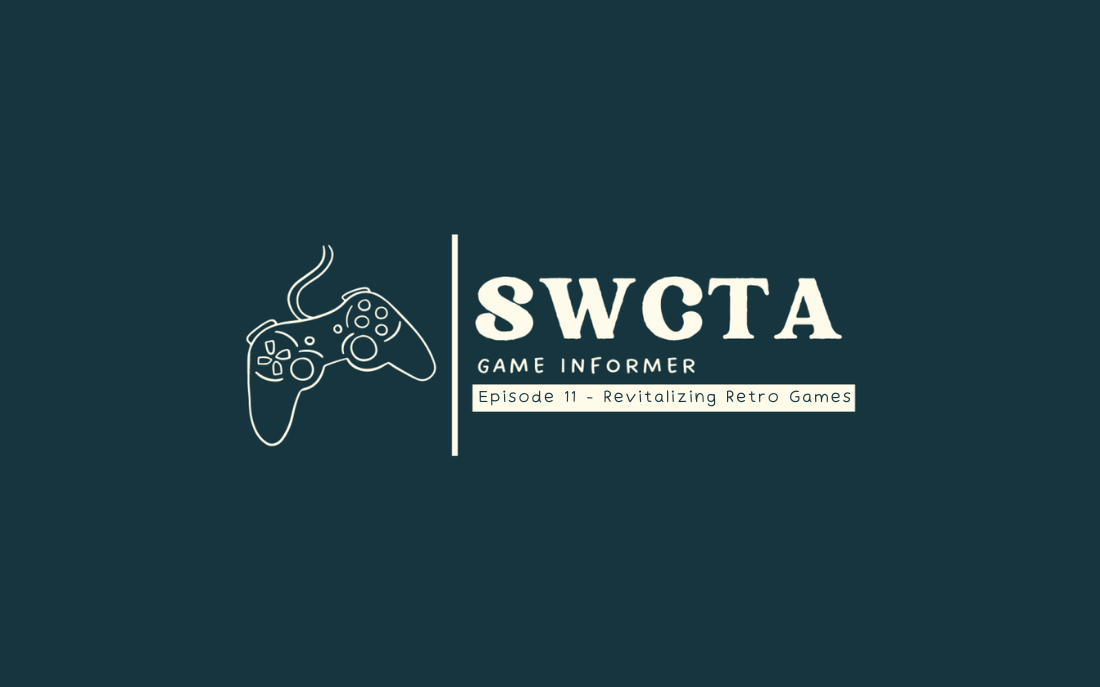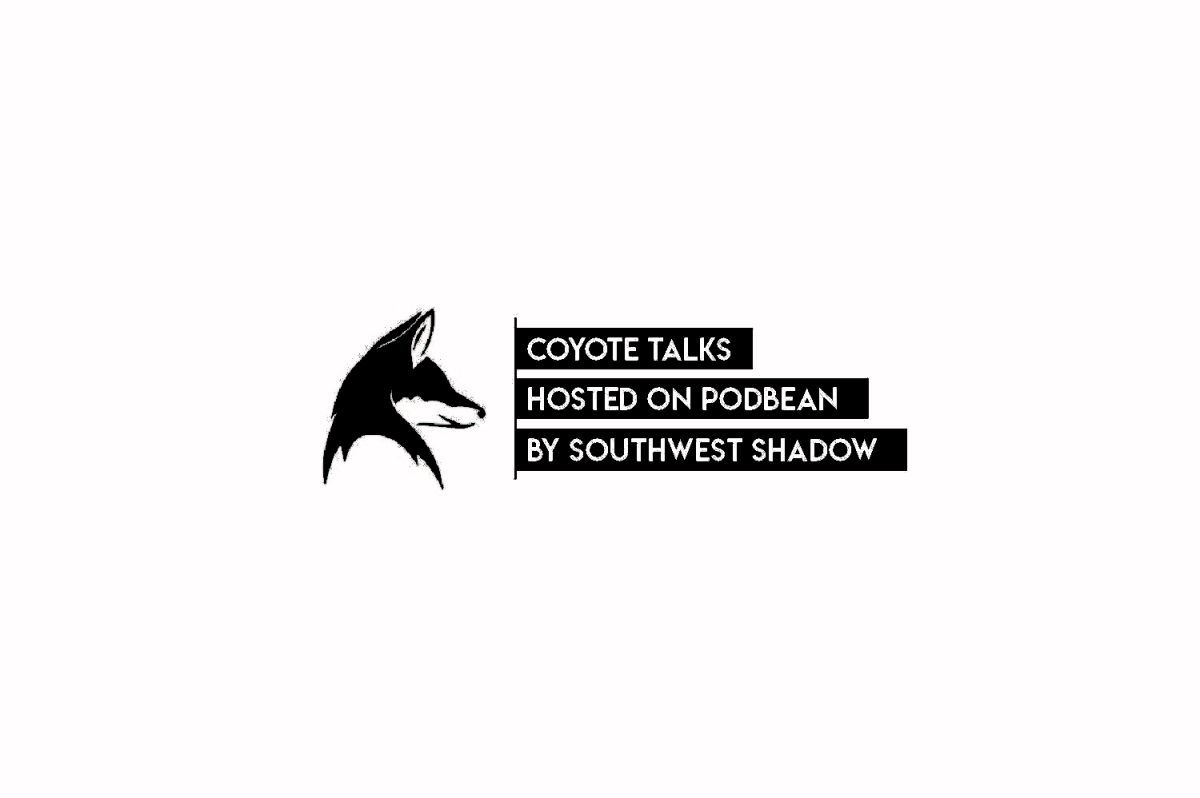Elon’s Twitter Acquisition Is Not What We Were Promised
Continued issues on the controversial social media channel create questions for users and observers
Facing public backlash and bankruptcy, Twitter’s new management may have gone too far to keep their vision of the platform alive.
January 27, 2023
On October 14th, 2020, the New York Posts’ Twitter account was banned following the publication of a landmark story on the contents of Hunter Biden’s laptop, roughly three weeks before the presidential election cycle in the United States. The information was undeniable; an electronic repair store owner had the laptop in his possession after Hunter Biden had failed to pay the service fee. He eventually discovered who the laptop belonged to and sent a copy of the hard drive to the press and federal authorities. The information, verified by an FBI subpoena for the laptop, was almost instantly wiped off Facebook and Twitter as the story broke, citing “privacy concerns.”
This journalistic outrage was allegedly a significant catalyst event which contributed to Tesla founder and billionaire entrepreneur Elon Musk’s decision to acquire Twitter, for a price of 44 billion dollars. Justifiably, plenty of controversy has surrounded Musk since he privatized the company, and major company changes have been made; since his acquisition of Twitter, they have fired more than half the original workforce, along with a complete axing of some departments he deemed unimportant. Whether these budget cuts were logistically justified, Musk has failed to realize he’s permanently changed both the workplace and broader social media culture in unpredictable ways.
Musk describes himself as a free speech absolutist- which is something I think our society should respect and admire. In fact, when asked for a reason behind his initial acquisition of the company, he had this to say:
“The reason I acquired Twitter is because it is important … to have a digital town square, where a wide range of beliefs can be debated in a healthy manner, without resorting to violence … traditional media has fueled and catered those polarized extremes… but, in doing so, the opportunity for dialogue is lost.”
When examining the admirable goals of Musks’ newly acquired platform, it’s difficult to understand why so much social pushback has developed for the platform. Free speech is a foundational element of not just American principles, but of intellectual freedom and development. On the one hand, single-handedly supporting a refreshing counter-culture to a historically sterilized media platform is an admirable position that confronts conformist mainstream politics, especially in technology. Despite these noble intentions, this idea meets practical limitations when it’s actually implemented.
All social media platforms require some form of content moderation, but the difference appears in how that censorship is expressed. While some platforms unapologetically censor personally “disagreeable” content, stifling meaningful discussions, some are entirely unmoderated, inviting bots, trolls, and political extremists to plague the platform. Instead of conceding some of his virtues for a functional platform, it seems that Musk has doubled down on his free speech ideology. In fact, The New York Times has reported that daily instances of anti-LGBT and racial slurs have roughly tripled since he has taken over the platform, with preventative measures rarely taken.
Musk fails to realize that an effective approach to a free-speech platform doesn’t just include “say whatever” policies. For a forum that truly brings a unique element of free discussion, people need to feel comfortable sharing their real views without the fear of harassment, bullying, and spam, even if retaliation does not come from the company hosting the discussion itself. Thus, the importance of creating a positive platform culture shows its importance in the mission of even the most hands-off style of management, something Musk has failed to do so far.
This brings the issue back to its fundamental source: culture. Twitter has an undeniable effect on pop culture, news, and the way people form their opinions. From Kanye West to Covfefe, the influence of such platforms in our everyday lives is obvious. This is why it’s so important to scrutinize changes to essential mainstream social platforms like Twitter; this drastic change in a platform is creating a noticeable paradigm shift in our mainstream politics and culture that reflects Twitter’s shift. With the unbanning of controversial figures like Donald Trump, Jordan Peterson, or Andrew Tate on the platform, some think that our culture is entering a new age, or maybe just returning to an old one. Whether it’s a good or a bad thing is something we have to decide for ourselves.
It’s hard to say whether Twitter is better off under Musk’s management than it was before; I’m inclined to lean in favor of Musk, but his social media is a long way from the ideal town square that he promised. Common spaces like Twitter are petri dishes; if we sanitize them constantly and remove everything, there is no room for growth, but if we don’t, the mold will grow out of control. The next problem for Twitter and broader social media will be the same one it has been facing for years: finding that elusive balance.










ayma • Mar 22, 2023 at
covfefe